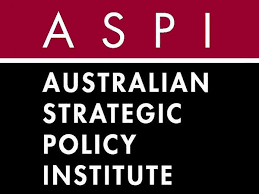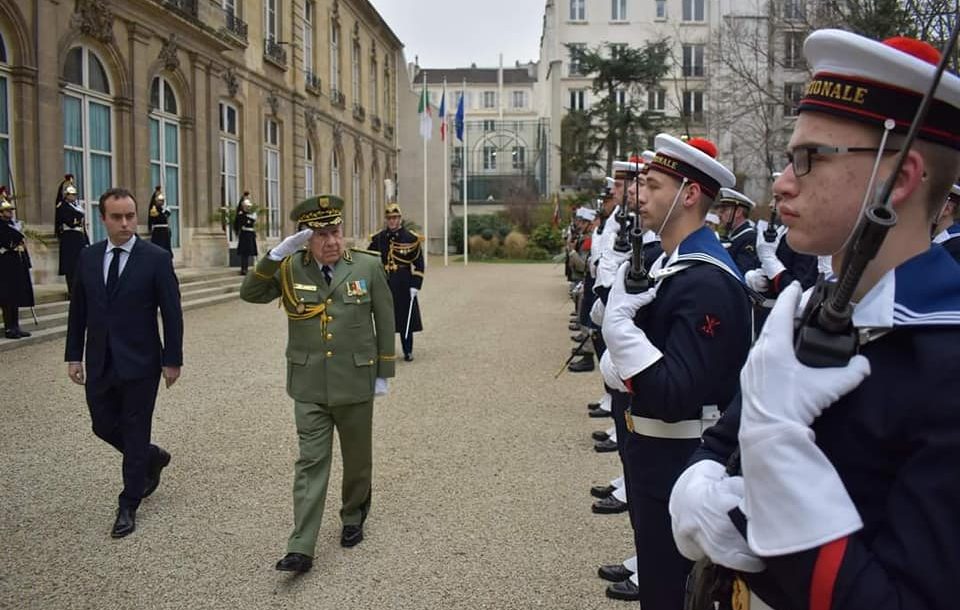 Maghreb countries continue to make independent counterterrorism (CT) efforts, without much development of multilateral regional initiatives, says Australian Strategic Policy Institute (ASPI).
Maghreb countries continue to make independent counterterrorism (CT) efforts, without much development of multilateral regional initiatives, says Australian Strategic Policy Institute (ASPI).
In its Counterterrorism Yearbook 2018, ASPI deplores lack of coordination between Maghreb countries in the fight against the terrorism threat. Morocco has many times urged Algerian authorities to coordinate CT actions against jihadists threatening the region’s stability, but its calls went unheeded due to rivalry between the two neighboring countries.
Relations between Rabat and Algiers are still strained over the Sahara issue as the Algerian authorities continue to shelter, fund and provide weapons to Polisario separatist group set up to undermine Morocco’s territorial integrity.
In 2017, peace and security across North Africa were threatened by jihadists, armed conflicts, poor governance and porous borders, say the authors of the ASPI report.
Morocco and Tunisia “are clearly doing better than others”, while Egypt suffered the second-highest number of attacks in the Maghreb in 2017, underlines the document, saying that the attack in Bir al-Abd on the Sinai Peninsula in November 2017 was the most lethal in Egypt’s modern history, with over 300 fatalities.
The Egyptian government’s heavy-handed response to terrorism had negative effects on national security, stress the analysts of the ASPI, citing in this regard the reinforcement of police powers, the restrictions imposed on freedom of expression, the unlawful detention and capital punishment.
In Libya, five dangerous extremist groups operate in the country beside some smaller militant cells. In the absence of an effective government, these armed groups continue to challenge the central authority, say the CT experts.
In Algeria, al-Qaeda’s regional branch, AQIM, continues to enjoy solid support and influence. AQIM has demonstrated considerable durability—it has been in operation in the region since 2007 and retains around 500 members, underline the analysts of the Australian Strategic Policy Institute.
CT measures in Morocco, Tunisia and Algeria are far more sophisticated and multidimensional than those deployed in Egypt and Libya, say ASPI report.
In these three countries, strong security measures, coordinated intelligence and military operations are combined with socio-political moves aimed at addressing the drivers of radicalization.
According to ASPI, Morocco and Algeria have both imposed a strict policy on the dissemination of religious material, allowing only those preaching moderate Islam.
Such measures led to security improvements. There have been no terrorist attacks on Moroccan soil since 2011. Tunisia has also avoided any mass-casualty terrorist attacks since the 2016 assault on the town of Ben Guerdan.


